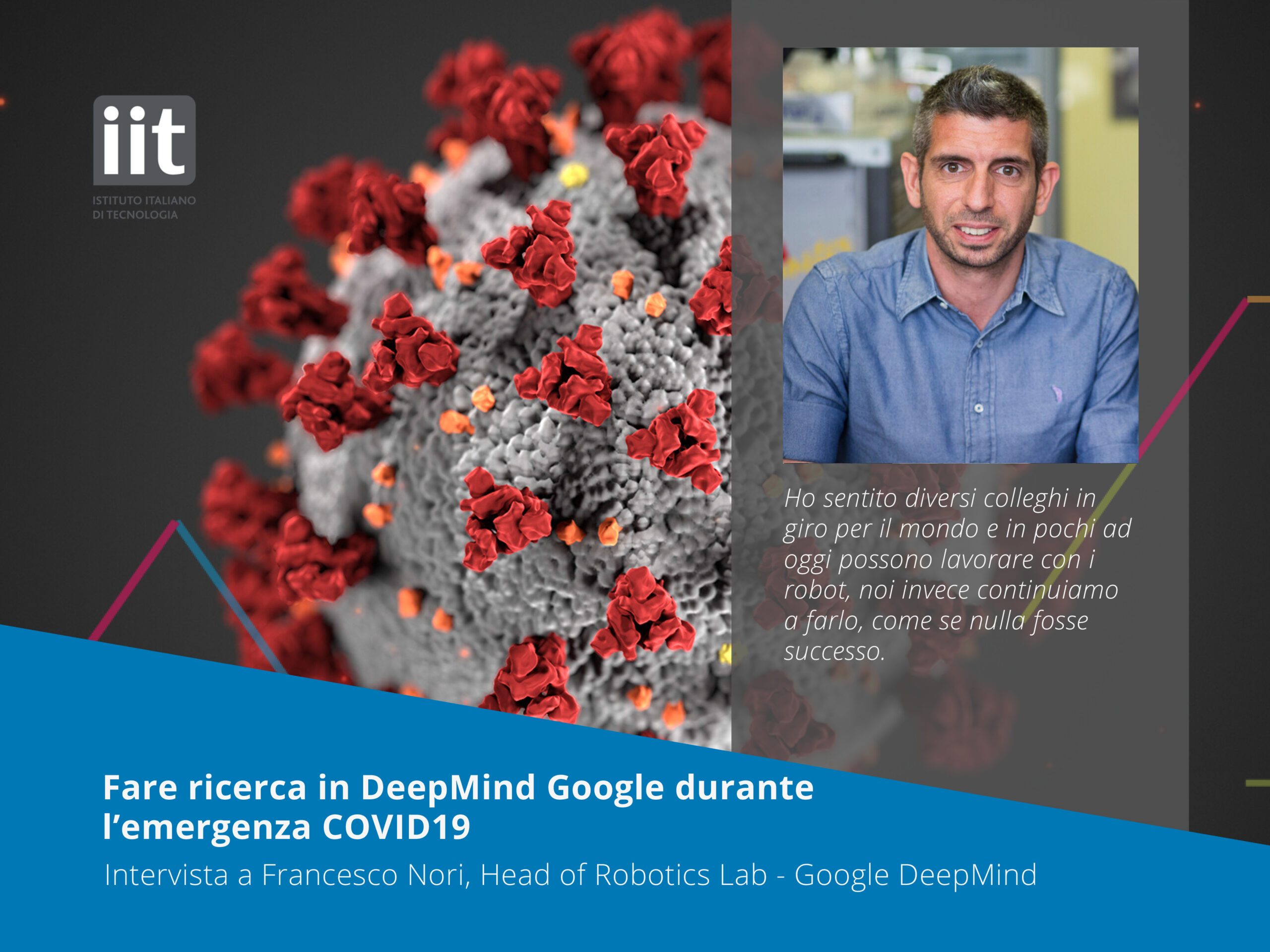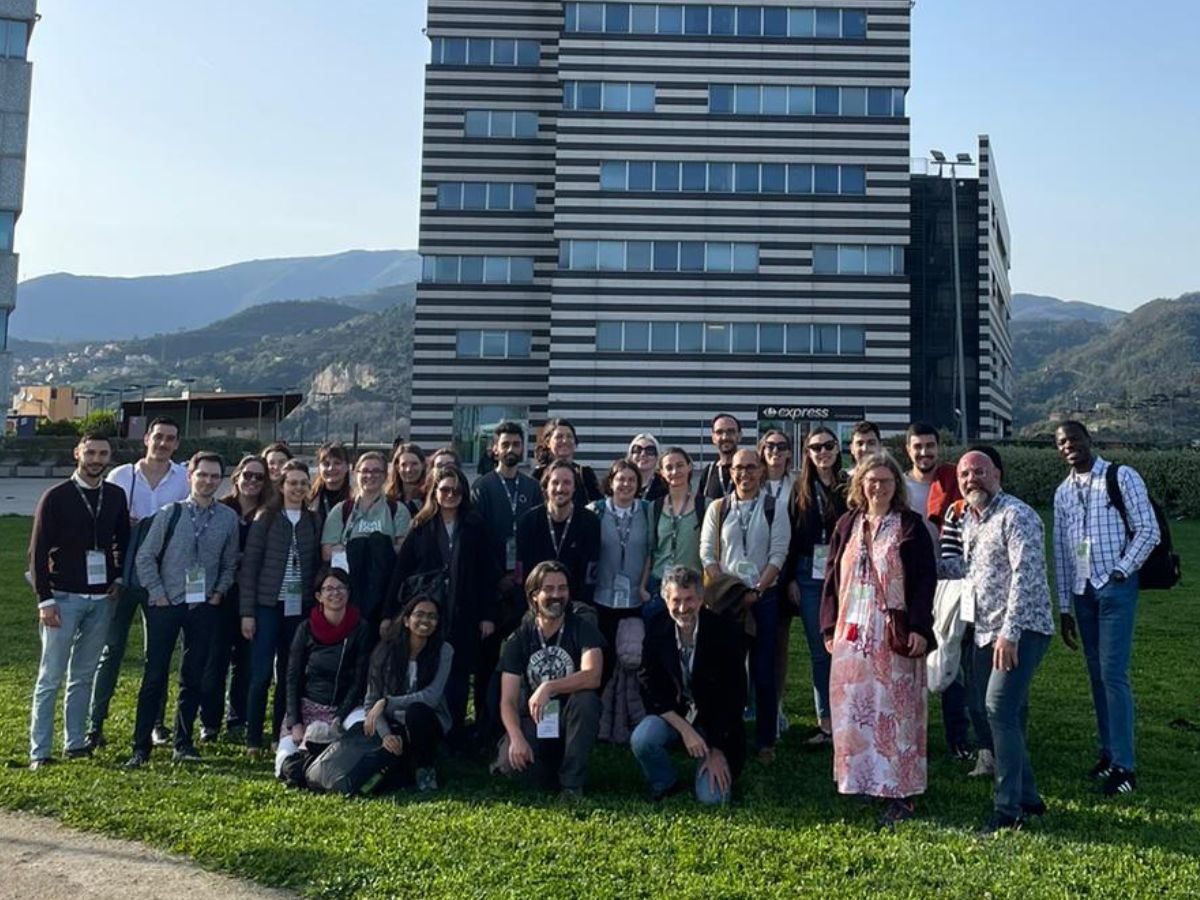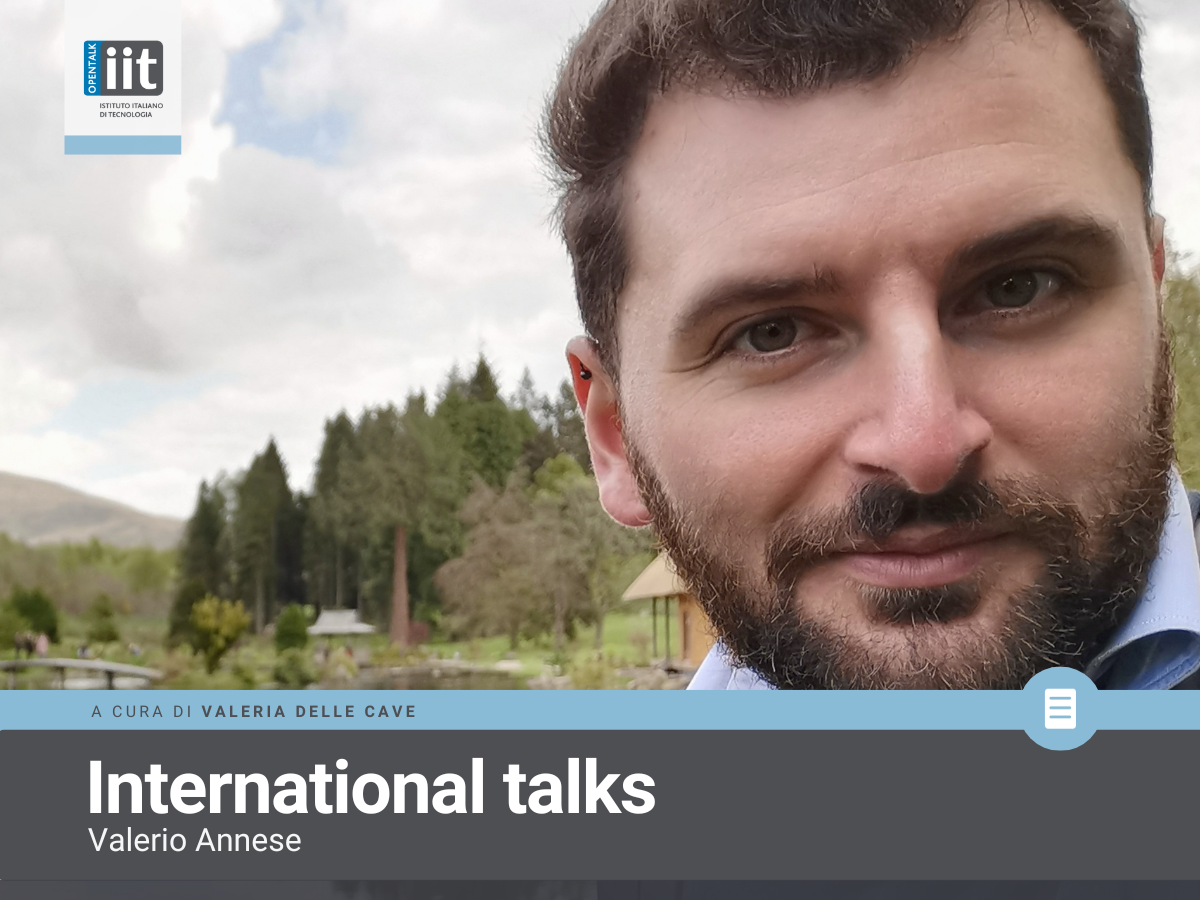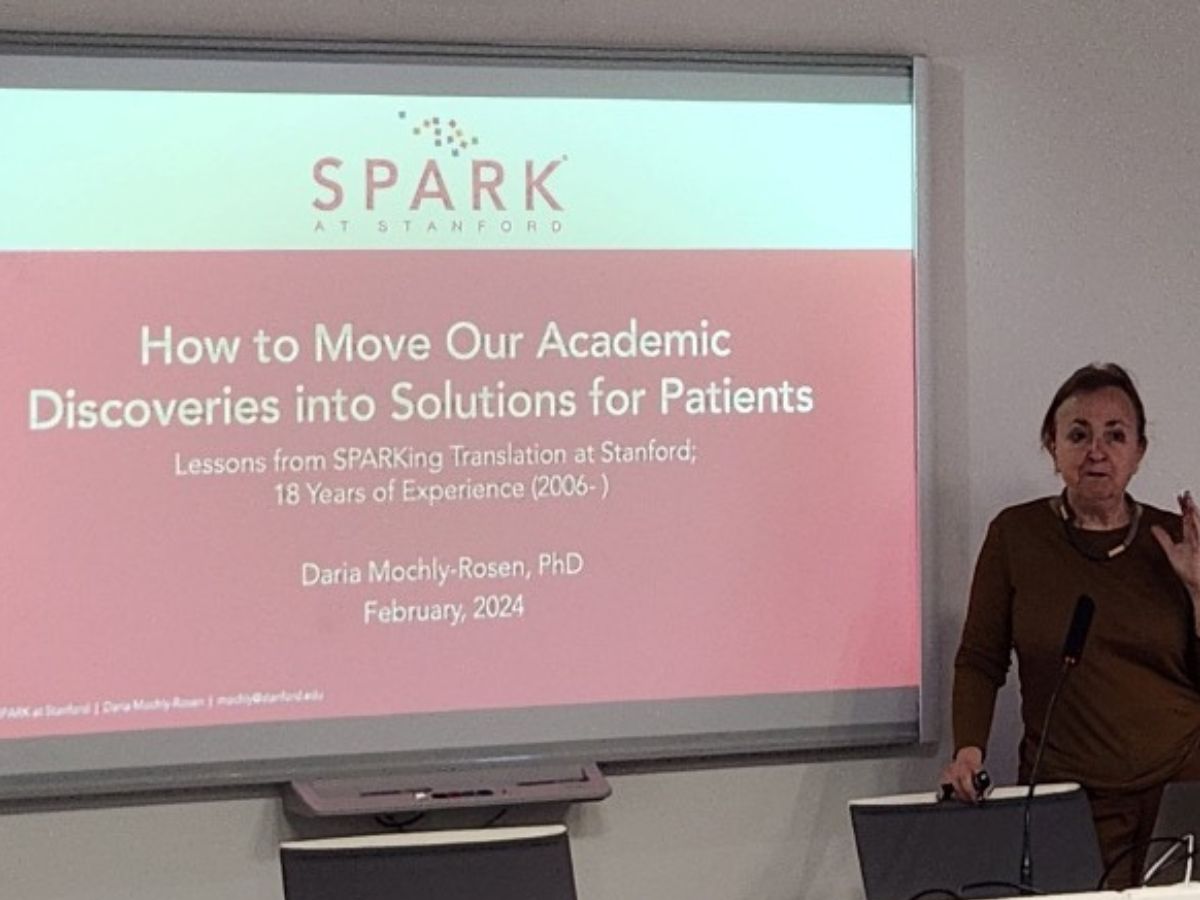Interview with Francesco Nori, a former IIT researcher, who heads the DeepMind Robotics Laboratory
Francesco Nori, originally from Padua, is one of the brilliant brains that was once bred in the IIT laboratories. He left Italy to go and work at Google’s DeepMind, one of the most advanced companies at international level in the field of artificial intelligence and robotics. After 10 years of research in the IIT humanoid robotic laboratories, contributing to the development of the iCub humanoid platform, he has headed the DeepMind robotics laboratory in London since 2017. We reached out to him in order to tell us how he is going through, together with his team, the health emergency linked to the SARS-CoV-2 virus.Can you tell us how, as an Italian in the UK, you handled the news from Italy linked to the Coronavirus pandemic and now the news in the UK?I followed what is happening in Italy closely. Initially I thought that there was a real reason justifying the high number of cases compared to the rest of the world. But then, when the phenomenon increased, I tried to understand it a bit more. Why has it spread so much in Italy, when they managed to contain it better in Asia? As an Italian, I thought it was a certain intrinsic element in our culture which distinguishes us from the rest of the world. I thought of the high population density and our more sociable character, but this is obviously speculating to try and find an answer. I was very distraught over the situation in hospitals and the pictures they showed on newspapers. A clearly critical situation. In my own small way, here in the UK, I thought that I could contribute by acting, as far as I possibly could, to reduce infections, while in the meantime it seemed that the British authorities did not want to adopt measures in this sense. Google had already told us to work from home over a week before and so we did. Then, fortunately, the UK also understood that it needed to respond to the situation in some way. Today we are all at home and we are reducing social gatherings to those that are essential. It is hard, but in the end, unfortunately, even viruses are a part of the cycle of life.How are you managing work in the Google UK site?Google closed the offices more than two weeks ago. I manage the DeepMind Robotics Laboratory. At the beginning of March, when we realised that the situation was getting worse, we worked on different parts of our infrastructure so we can perform remote experiments with the robots, mainly robotic arms. Thanks to a huge effort from all my team, composed of 15 people, we implemented a teleoperation system which allows us to work completely remotely without access to the laboratory. I have heard from several colleagues around the world and a few to-date can work with robots, We instead continue to do so, as if nothing happened.But has there been any change in your business?Nothing has changed at all. Google has an exceptional video-conferencing system for us (Hangouts) which allows us to work exactly as we worked before, only we’re not in the office, but everyone is at home with their laptop and everything they need to continue to be productive. Obviously, we mainly work on software and this helps, but it is also possible to work directly on the robots, also thanks to the Google infrastructure.Do you think that the use of robots in future can reduce the occurrence of pandemics of this type?There are already many technologies that help. Just think of video-conferencing. A few years ago (10 or perhaps less) it would have been unthinkable to stay in touch with your loved ones, to get your doctor’s advice, to get psychological support, and to have a personal trainer through video-conferencing. All of this is possible now and it helps us in our social life so we don’t suffer because of forced isolation. As regards robots, not yet today, but probably they will help us in the future with the delivery of basic necessities, further preventing infections. A now famous problem we are facing is the “last mile”, that is, door-to-door delivery to the house, which is a “business case” for many companies such as Boston Dynamics, Amazon and Deliveroo. Perhaps one day we will no longer have a person but a robot doing home deliveries of our shopping and medicines.





